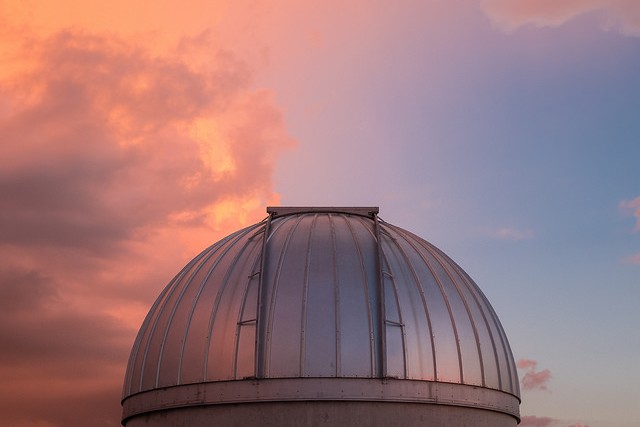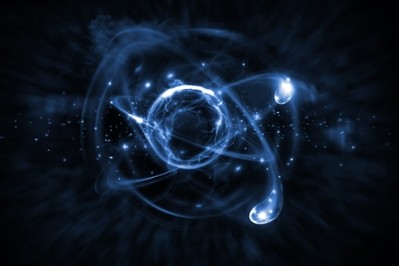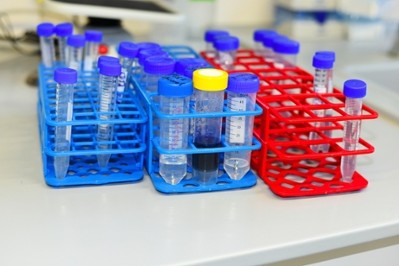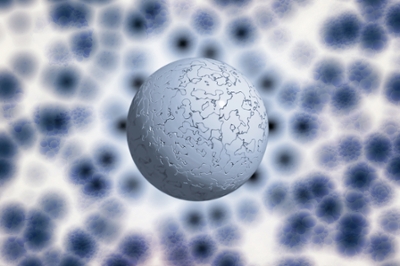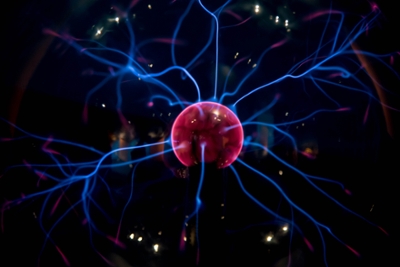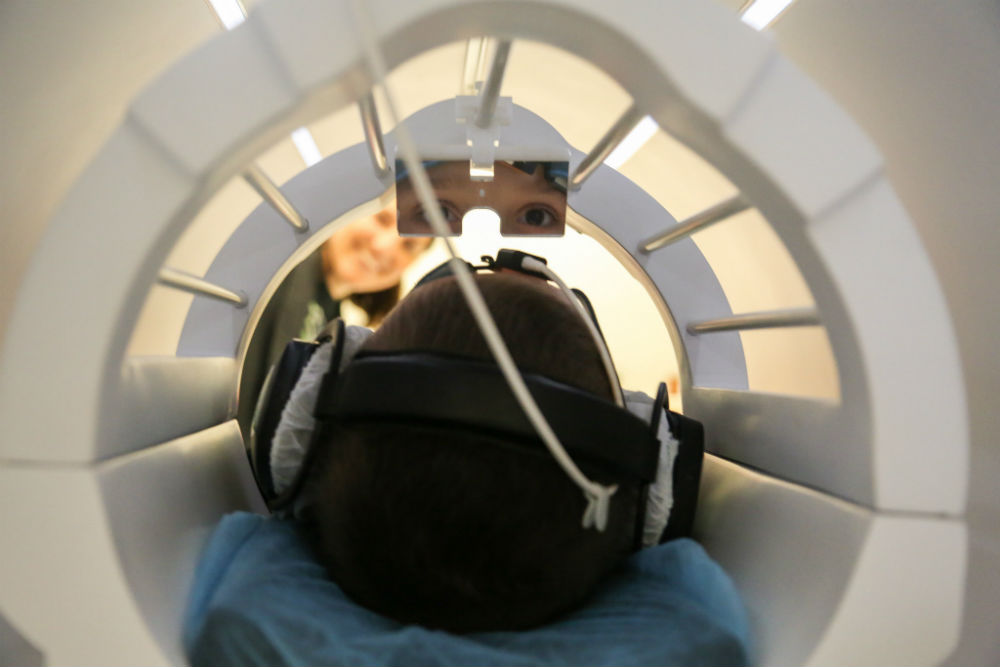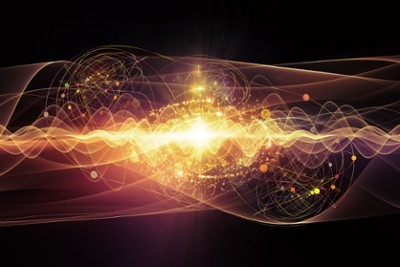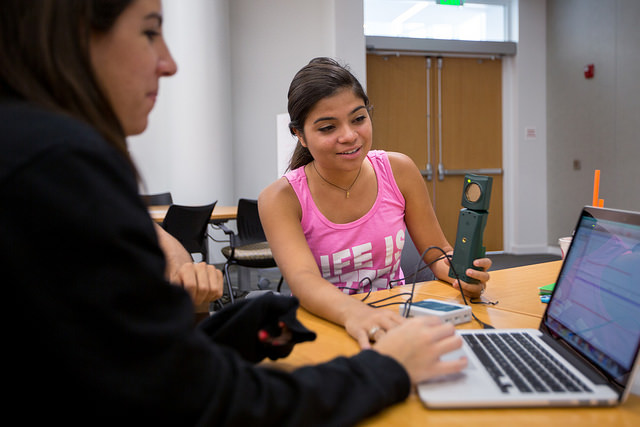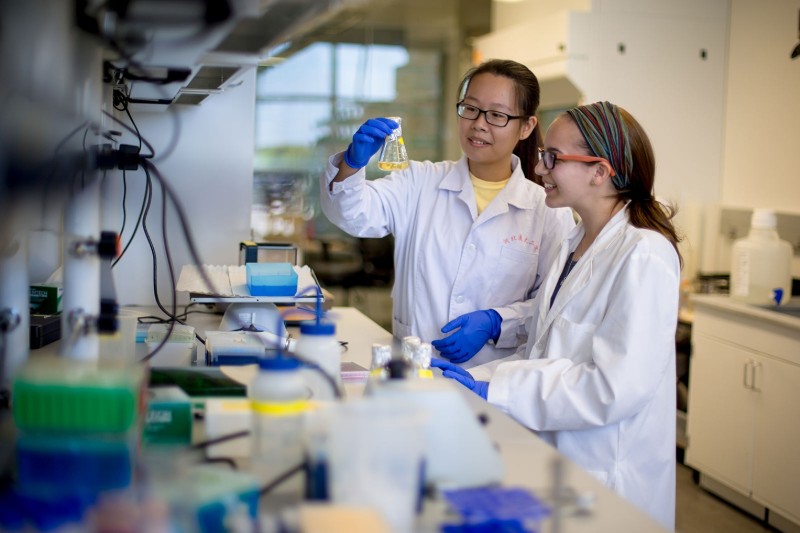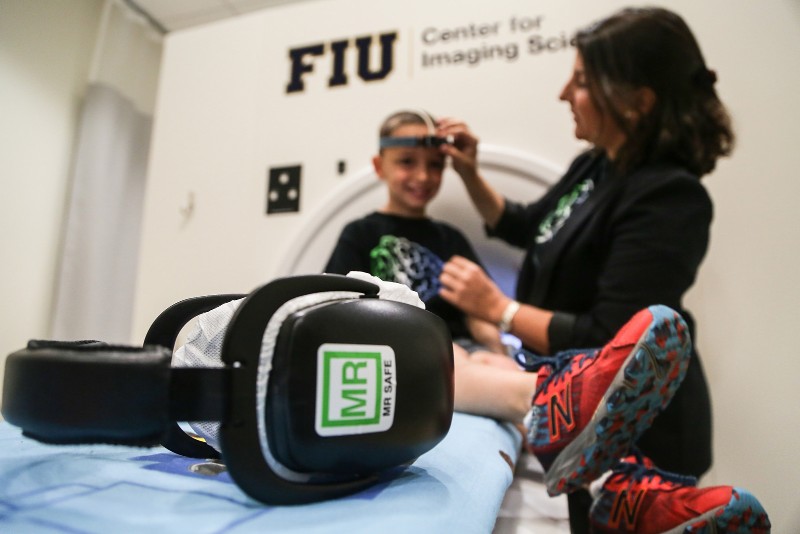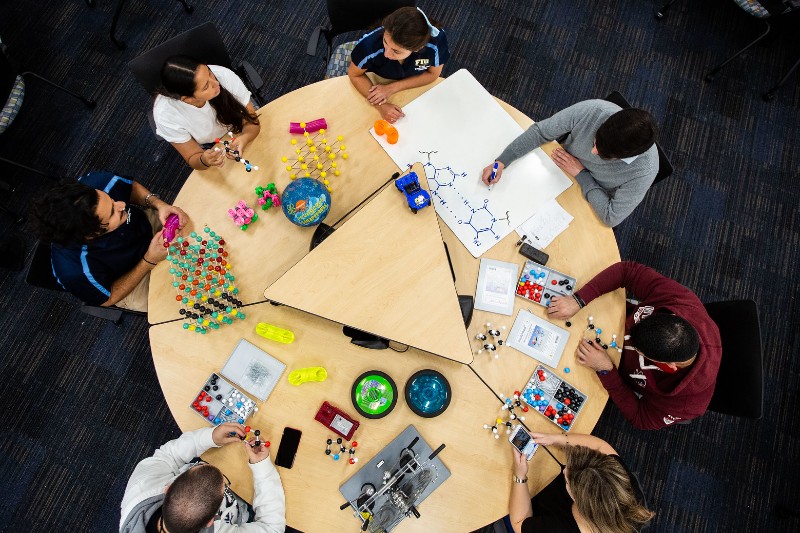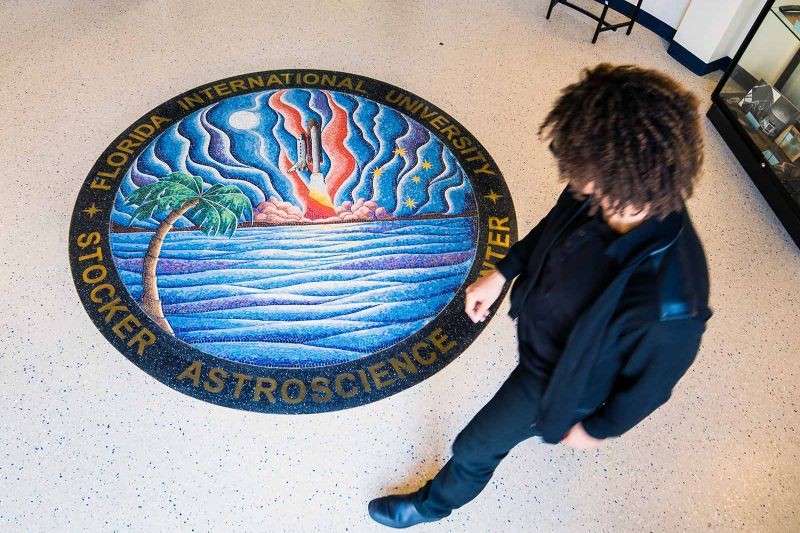Our faculty are leaders in teaching and scientific research across a broad variety of subject areas.
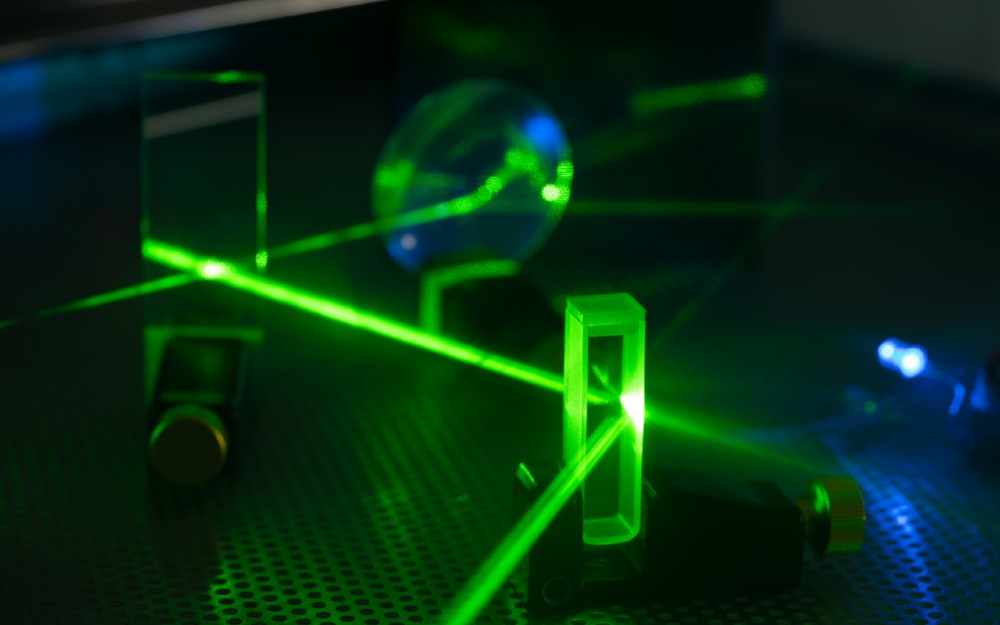
Labs & Facilities
Researchers are working in our laboratories to study crystals, the physics of the human eye, nanomaterials and nonlinear optics. They also prepare experiments at the Thomas Jefferson National Accelerator Facility in Virginia.
Facilities support our labs with equipment and repair services.
Undergraduate Research
Our Undergraduate Research Participation Program allows undergraduate students to gain experience in advanced physics laboratories.
Contact Us
Department of Physics
11200 SW 8th Street, CP 204
Miami, FL 33199
Tel: 305-348-2605
Fax: 305-348-6700
